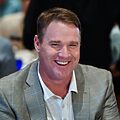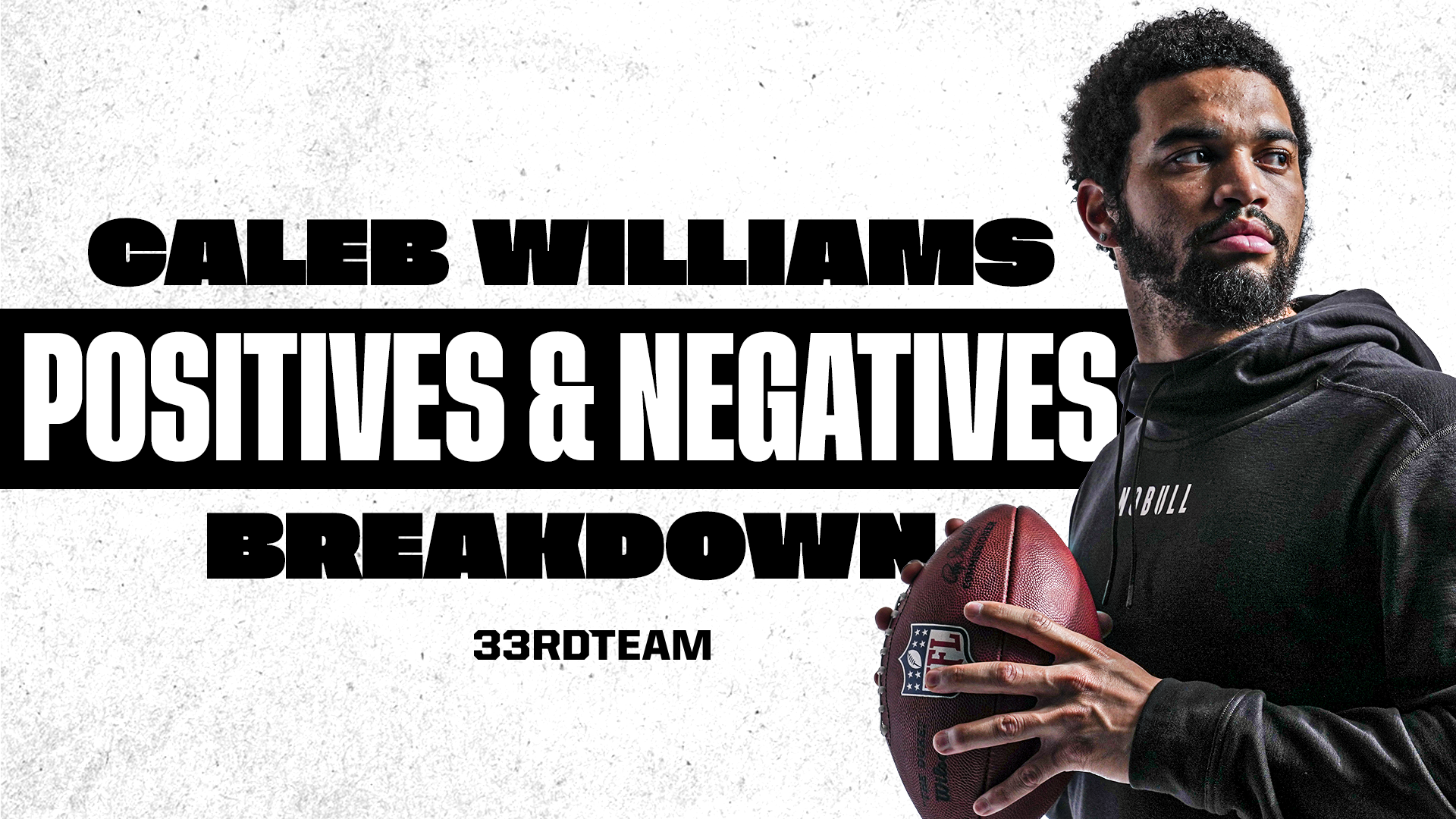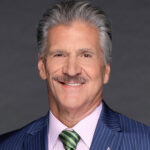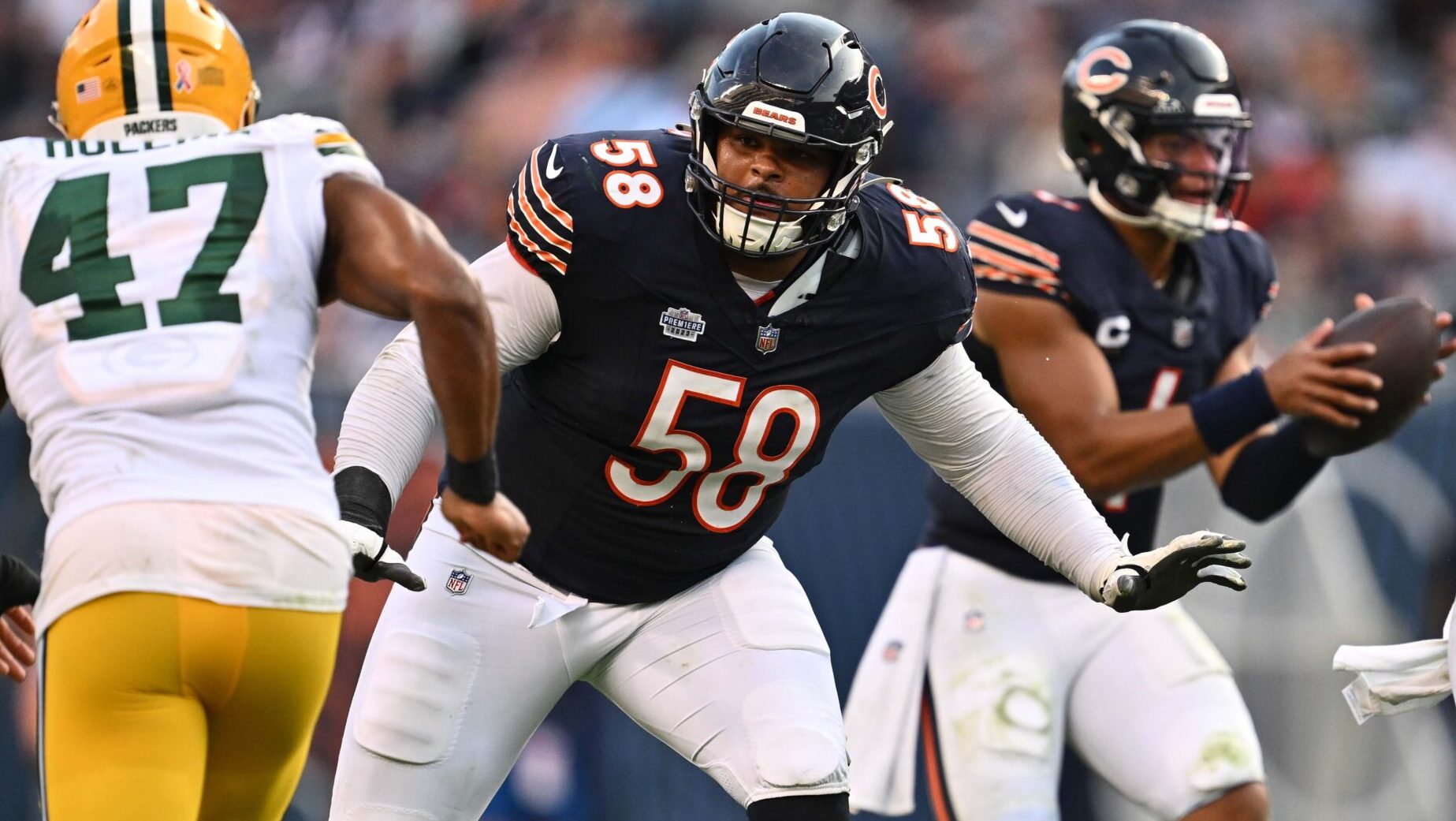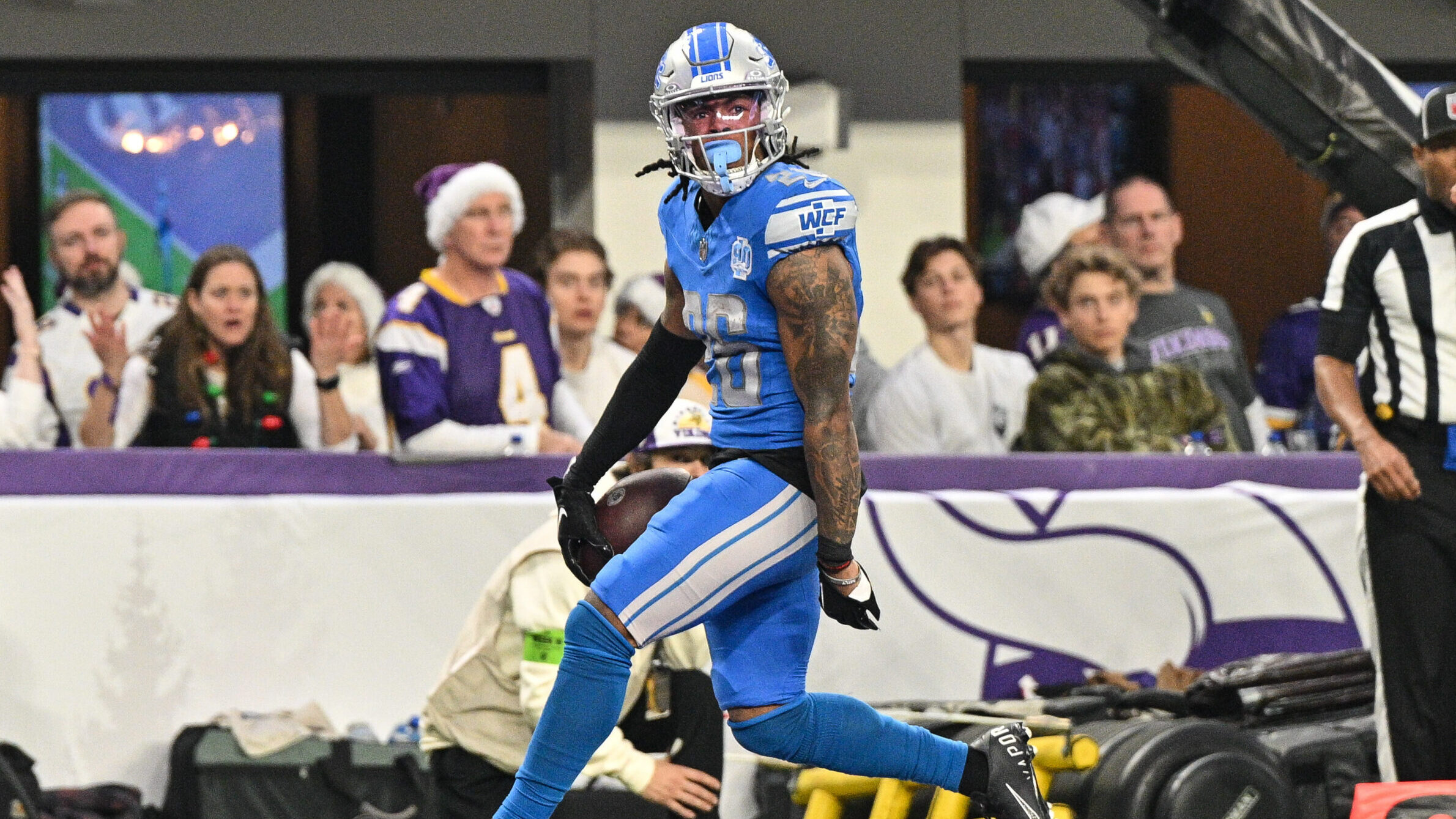Breakdowns
1/26/22
5 min read
Banner: Why We Hired Sean Payton and When We Knew He’d Be Great
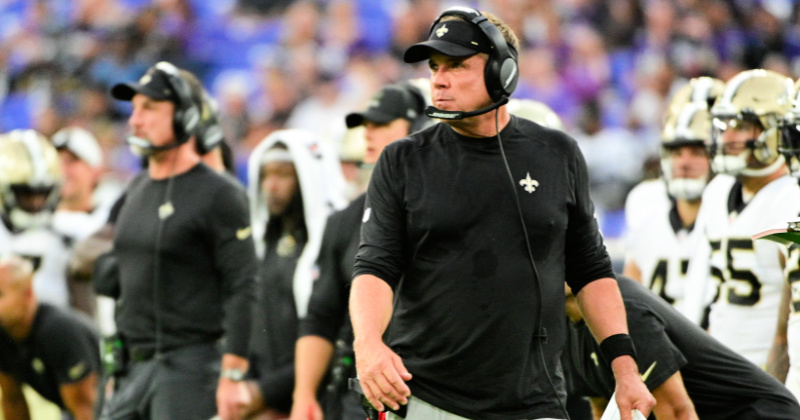
In 1997, we hired Sean Payton to be the quarterbacks coach for the Eagles. I actually don't remember who sourced Sean’s name. It wasn’t me, but a small group of us interviewed him for the job. Ray Rhodes was the Head Coach at the time, and Sean worked under Jon Gruden, who was the Offensive Coordinator.
After the interview, the only question we had was: how high is Sean’s ceiling? Because he was just so confident and driven. He had such clear visions about what he believed in and why. He also felt like he had a great ability to work collaboratively, which has definitely proven to be true.
Sean proceeded to do a good job in his first season as QB coach, but there’s only so much you can do in one year in that role. We were also kind of in no man's land with a quarterback and looking for the right answer. We were alternating between Ty Detmer and Rodney Peete and then Koy Detmer.
We talked to Sean after the 1997 season and asked him to add one year to his deal like we did with every position coach. But unlike literally every other coach we asked in Philly, he said no. I’m sure it happened before in the league, but it hadn’t happened with us. And frankly, it was frustrating because we felt like we had given him a great opportunity in a great spot. We knew he would have a chance to be promoted because we had coaches that we thought would eventually become head coaches (and they did). All the ingredients were there. Plus, hiring Sean when his previous job was QB coach for Illinois was a very significant projection. It wasn’t like he had coached a national championship contender.
In the NFL, these contract discussions arise every year for position coaches. The vast majority of these guys sign a two year contract, and the team will typically look to add another year after the first season. So, these coaches constantly have two years left—the season they’re entering and then one more year. In turn, this gives them some financial security and mental comfort while limiting their growth opportunities and leverage.
To put yourself in Sean Payton's shoes, imagine you’ve spent your entire life dreaming of either coaching or playing in the NFL, and you finally get such an opportunity. You then finish your first year on the job, and the team you’re working for asks you to extend your contract for one additional year. If you accept, you guarantee yourself the ability to continue your career and dream in the NFL. But if you turn it down, you risk the whole dream coming apart in order to give yourself future freedom and flexibility to pick the best situation for you.
Nonetheless, Sean turned it down, and I can't think of anybody else who was so clearly betting on themself with no worry whatsoever that they were going to win the bet. I was frustrated because I wanted him to sign but, in fact, I was actually just admiring his level of confidence and lack of any fear of failure. He was willing to risk everything and put it all on the line. That’s a great attribute, especially in football where so many people are guided by self-preservation. And although I was frustrated at the time that he declined the extension, this was the moment I realized he was going to be a great coach and a lot more than just a QB coach.
Sure enough, Sean was only with us for the two years and then went to work under Jim Fassel with the Giants and later Bill Parcells in Dallas. Between his time in Philly and elsewhere, he developed an incredible knowledge of all aspects of football. He wasn't just a coach; he understood how to build teams and how to manage the cap. He also turned out to be excellent at hiring and managing other coaches, which is a crucial and overlooked quality.
Though Sean stepped down as the Saints HC on Tuesday, there are maybe four or five coaches in the league you would rather have over him if you were building a team from scratch. If and when he's ready to coach again, there are only a couple of teams where he wouldn’t be an upgrade over who they currently have.
Parcells gets and deserves a lot of credit for Sean Payton's development. But he doesn't get credit for finding him. We did that in Philadelphia, and it was clear he’d be great before he left to work for Bill. Turning down the extension was just the moment I realized it.


